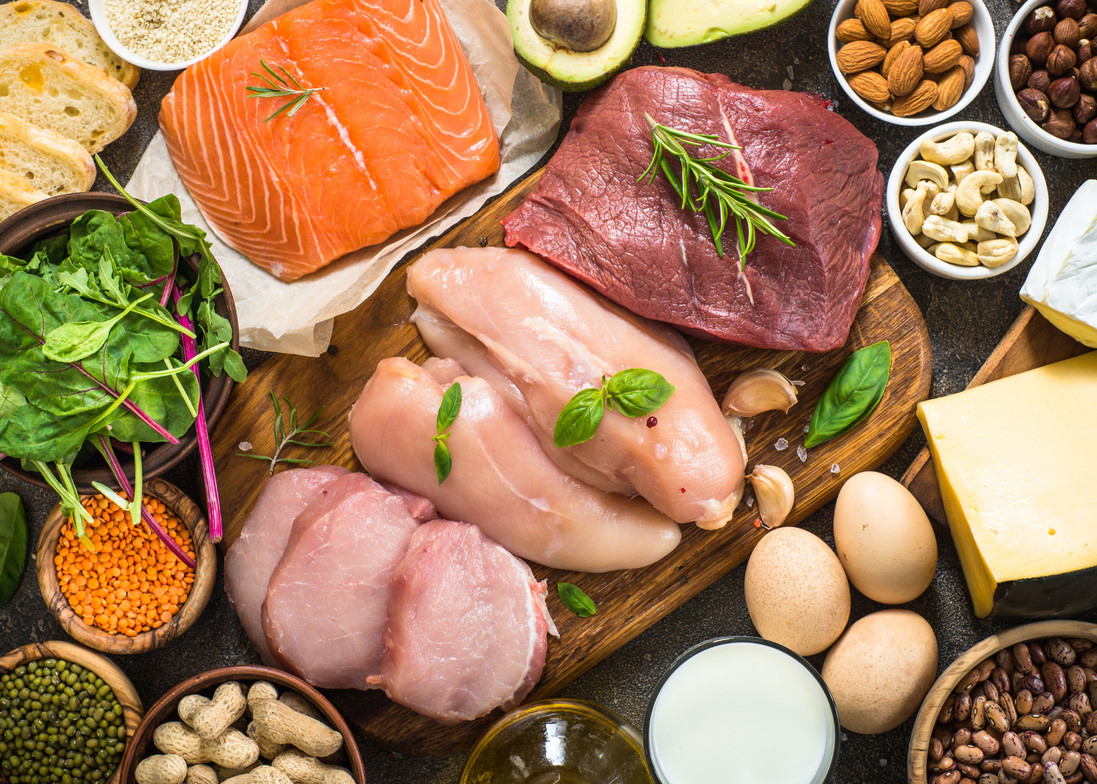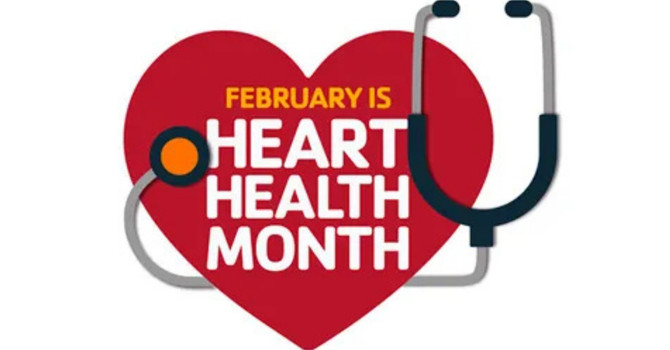
When it comes to optimizing health and nutrition, the debate around the Carnivore Diet and the Animal-Based Diet is gaining traction. At our chiropractic practice, where whole health is our guiding principle, we believe in exploring dietary options that align with your unique needs. Here, we’ll break down these two diets, their pros and cons, and how to implement them properly.
What is the Carnivore Diet?
The Carnivore Diet is as straightforward as it sounds: a diet that consists exclusively of animal products. This means beef, chicken, fish, eggs, and even organ meats are on the menu, while fruits, vegetables, grains, and other non-animal products are off-limits.
Pros of the Carnivore Diet:
- Simple and structured: No need to count macros or calories.
- Reduced inflammation: Anecdotal evidence suggests benefits for autoimmune and inflammatory conditions.
- Satiety and weight loss: High-protein and high-fat meals help control appetite.
Cons of the Carnivore Diet:
- Lack of variety: Eliminating all plant-based foods can feel restrictive.
- Micronutrient gaps: Risk of missing essential vitamins like C and K if not consuming organ meats.
- Digestive concerns: Transitioning can be tough on the gut, with potential for constipation or diarrhea.
What is the Animal-Based Diet?
The Animal-Based Diet is more flexible, emphasizing animal products while incorporating select plant foods like fruits, honey, and certain vegetables. It’s often seen as a middle ground between the Carnivore Diet and more traditional diets.
Pros of the Animal-Based Diet:
- Nutrient diversity: Includes both animal-based nutrition and plant-derived vitamins, antioxidants, and fiber.
- Better sustainability: Easier to maintain long-term compared to the strict Carnivore Diet.
- Balanced approach: Provides energy from healthy carbs (e.g., fruit and honey).
Cons of the Animal-Based Diet:
- Still restrictive: Some may find cutting out grains, legumes, and processed foods challenging.
- Individual sensitivities: Certain fruits or plant foods may still trigger reactions in sensitive individuals.
Who Should Consider These Diets?
- Carnivore Diet: Best suited for individuals with autoimmune diseases, severe gut issues, or inflammatory conditions. It’s also popular among those seeking rapid fat loss or relief from food sensitivities.
- Animal-Based Diet: A good choice for those who want the benefits of animal-based nutrition but prefer to include some plant-based options for variety and energy. Athletes, active individuals, and those looking for a more sustainable approach often thrive on this diet.
Key Tips for Success
- Hydration Matters: Both diets can lead to significant water loss, especially early on. Electrolytes are essential to avoid fatigue, muscle cramps, or headaches. Our office offers LMNT and Ultima electrolytes to keep you hydrated and balanced.
- Quality is Key: Opt for grass-fed, pasture-raised, and wild-caught options wherever possible. For plant foods, prioritize organic and seasonal choices.
- Monitor Your Health: Keep an eye on key markers like energy levels, digestion, skin health, and mental clarity. Lab work to track cholesterol, vitamin levels, and inflammation markers can be beneficial. Scheduling a cardiovascular consult and screening with Jill Reese, PA-C is always recommended. Additionally, continuous monitoring with our health coaches Brittney Pfiffner and Dara Price can help you navigate the journey effectively.
- Ease Into It: Gradually eliminate foods rather than going cold turkey. This helps minimize withdrawal symptoms and makes the transition smoother.
Sample Meals to Get You Started
- Carnivore Breakfast: Scrambled eggs cooked in beef tallow with a side of smoked salmon.
- Animal-Based Lunch: Grilled chicken thighs with a side of fresh mango and a drizzle of honey.
- Carnivore Dinner: Ribeye steak cooked in butter with a small serving of bone marrow.
- Animal-Based Snack: Greek yogurt topped with raw honey and a sprinkle of blueberries.
Pro Tips:
- Experiment: Start with the Animal-Based Diet to see how your body responds before committing to a stricter Carnivore approach.
- Stay Informed: Follow experts like Dr. Paul Saladino or resources like "The Carnivore Code" for more guidance.
- Listen to Your Body: Pay attention to cravings, energy levels, and overall well-being. Adjust accordingly.
Final Thoughts
Whether you’re curious about going full Carnivore or leaning into an Animal-Based Diet, the key is finding what works best for you. Our office is here to support you on your whole health journey, from chiropractic care to nutritional guidance. Don’t forget—hydration is just as important as what you eat, and we’ve got you covered with high-quality electrolytes to keep you feeling your best.
If you’re ready to take the next step in optimizing your health, reach out to us for personalized recommendations and support. Let’s work together to unlock your full potential!
*Disclaimer* - this is not medical advice, please consult with your physician for medical needs.



